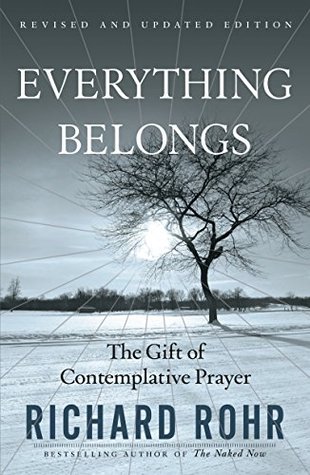In Coming to Our Senses, Bernham points out that around the year 1500, there was a mass proliferation of a new invention: the mirror. After that watershed event in history, we see an increasing split within the self. People start to live almost entirely outside of themselves. America has made an art form out of it through Hollywood and Madison Avenue. We really don’t live inside anymore, but we live through others’ eyes. “Am I color-coordinated today?” “Am I attractive?” “Do I have a small enough waistline?” We don’t live in our bodies, where we can feel our own feelings and trust our own
In Coming to Our Senses, Bernham points out that around the year 1500, there was a mass proliferation of a new invention: the mirror. After that watershed event in history, we see an increasing split within the self. People start to live almost entirely outside of themselves. America has made an art form out of it through Hollywood and Madison Avenue. We really don’t live inside anymore, but we live through others’ eyes. “Am I color-coordinated today?” “Am I attractive?” “Do I have a small enough waistline?” We don’t live in our bodies, where we can feel our own feelings and trust our own experience. Instead, through commercials and advertisements and jingles we live in images and appearances. We let the media and passing material objects define success. The self, therefore, is always outside, and we live in constant dissatisfaction. What a tortured way to live! We suffer, quite frankly, from a lack of contact with reality; we lack what philosophers call ontological mooring. Contemplation provides that mooring, that contact; it is an appreciation of and response to what is real right here and now. Until we break the material world’s hold on us and reestablish contact with reality, we will never be happy. We will live our lives through these beautiful models that we can’t live up to, with their perfect bodies, trim waistlines, even teeth, and zit-free faces! What a terrible tragedy that people should be seduced into imitating and desiring what we are not and can never be. W...
...more
This highlight has been truncated due to consecutive passage length restrictions.


